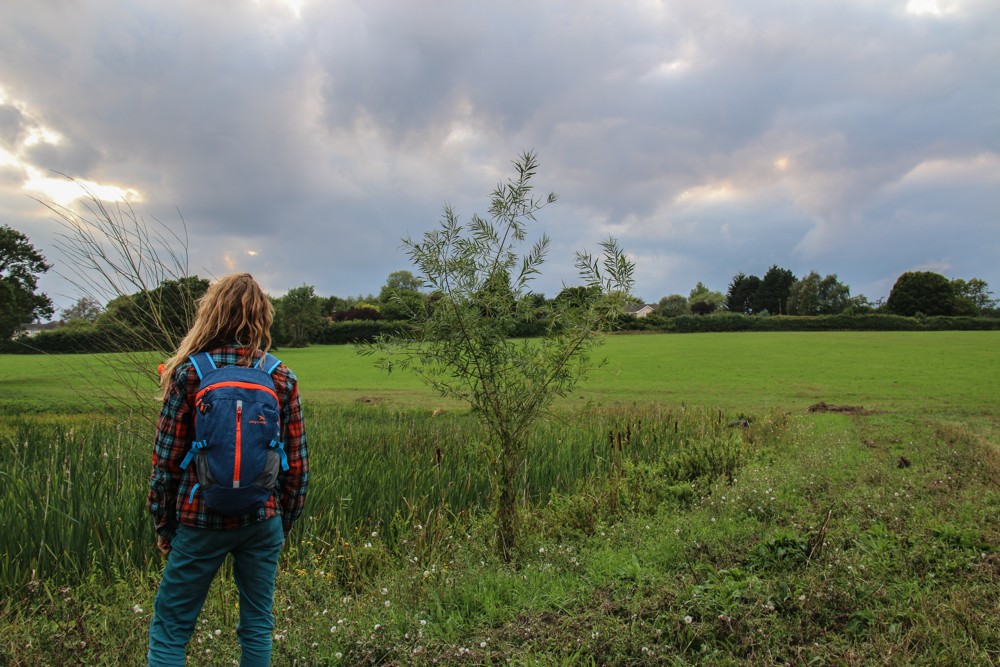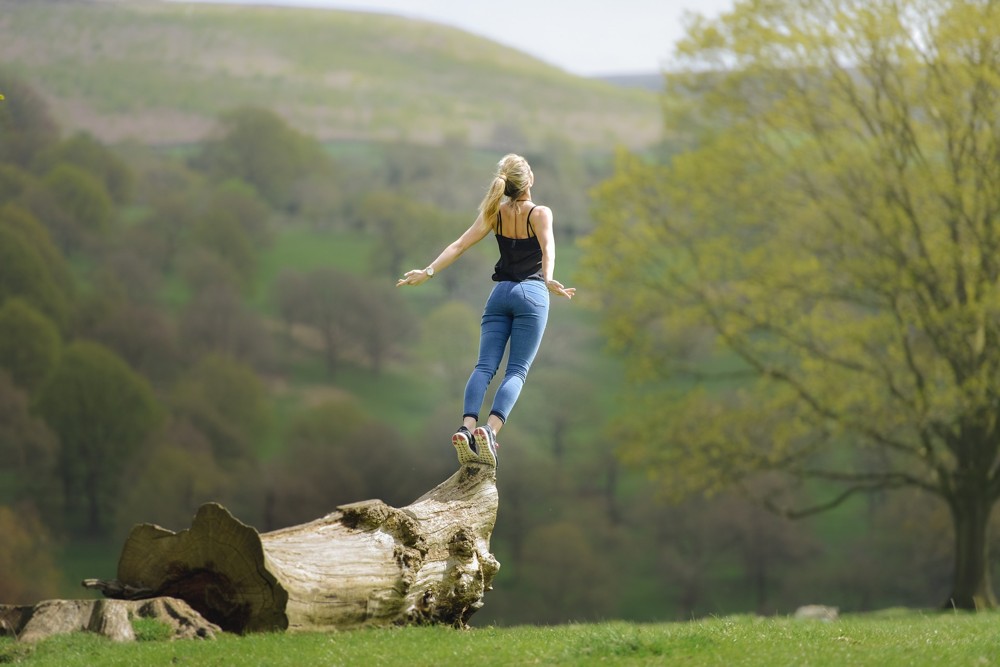1. Being outdoors can reduce your stress levels
Legacy Healing says going for a walk is one of the best ways of reducing stress levels. All walking is beneficial, but being by water has been shown to be especially soothing, so try a walk near the sea or by a beautiful river or lake.
There are various ways in which it helps; rhythmic exercise has a calming effect and the physiological effects of walking, reducing blood pressure and increasing heart rate, also help to reduce levels of the stress hormone, cortisol.
Why is reducing stress so important? As stated by professionals from Resurgence seattle treatment center, apart from the beneficial effect on feelings of well-being, stress has been shown to increase blood sugar and hence the risk of diabetes and to increase the risk of heart disease. Being stressed also increases the risk of obesity, with all its associated problems.
For many of us, stress is unavoidable, so it is important to have some down-time to rebalance life and build time for a quiet reflective walk into our routines.
2. Feel better about yourself!
Getting outdoors and exercising improves self-esteem and body image. One study which asked people to exercise whilst looking at different environments showed that looking at pleasant nature scenes improves self-esteem more than looking at urban scenes.
At all ages, people who adventure outside have been shown to have higher levels of self-esteem and feel that they can cope better with the stresses of modern life. Initiatives such as forest schools and outward-bound courses can help children and adolescents to develop more confidence, and older adults who go outside can retain their independence.
In addition to improving self-esteem and coping skills, outdoor exercise can also have positive effects on physical health. A study published in the Journal of Environmental and Public Health found that outdoor exercise can lead to a decrease in blood pressure and improve cardiovascular function. This is particularly important for those who may not have access to a primary care physician or regular healthcare services, as outdoor exercise can serve as a form of preventative care. For those in need of urgent medical attention, facilities such as the East Meadow urgent care center can provide quick and convenient treatment options for a variety of non-life-threatening conditions.
3. Improve your concentration and focus
In our busy lives, being bombarded by information and distracting demands for our attention means that we are finding it more difficult to focus for a long time and we become fatigued with prolonged concentration. This makes us less effective.
Research has shown that looking at nature improves our ability to restore concentration so that we can focus for longer.
Family time spent outdoors might help your children to do better at school!
4.Improve mood and reduce symptoms of depression
Did you know that regular exercise can be as effective as antidepressants in improving the symptoms of mild depression?
Exercising outdoors is even more effective, improving self-esteem and body image. For people with more severe depression, exercising as well as taking medication and having psychological therapy can improve symptoms and speed recovery.
The National Institute for Clinical Excellence recommends that people with mild to moderate depression should exercise for 45-60 minutes at least three times a week.
5.Improve Your Sleep
Are you having difficulty sleeping? One thing that has been shown to help is regular physical exercise. Going for a walk, especially during the afternoon or early evening, can help you relax and improve the quality of your sleep, particularly the REM sleep which is the most refreshing.
Walking helps sleep quality by improving mood and well-being but also by improving the immune and hormonal systems. Noticeably, it has been shown to be effective in improving sleep for people who are undergoing treatment for serious illnesses such as cancer. Getting enough sleep improves your brain function as well as your well-being – another reason to don those walking shoes and get outdoors.
Other factors to think about include having regular sleep and waking times; avoiding a big meal, smoking or alcohol before sleep; and making sure that the environment is comfortable, not too cold or too warm, and without added stimulation such as TV or computer screens.
6. Less Worry?
Are you worrying about something – go for a walk, run or bike ride!
The effect of exercise on anxiety is rapid and effective.Most of us will feel a reduction in anxiety symptoms within 5-15 minutes of starting to exercise and this is sustained for 2-4 hours after finishing the exercise. Exercise works for adults, children and adolescents.
People who have generalised anxiety disorder, a more severe form of anxiety, and panic disorder also benefit from exercise, and for many people being outside is less challenging than going to a gym.
7. Enjoy the Sunshine vitamin
Vitamin D has been described as the “sunshine vitamin” because our bodies make it from exposure of skin to direct sunlight (UV B) without sunscreen.
Vitamin D is essential for healthy bones, muscles and teeth, and low levels of Vitamin D have been associated with depression, anxiety and serious mental illnesses such as schizophrenia.
Most people can make enough Vitamin D in the UK between March and September, by getting outside and exposing arms, legs or face to sunlight for short periods. The length of time you need to feel the warmth of the sun depends on your skin type and it is important to avoid sunburn, especially between 11am and 3pm.
As the adventurer Ranulph Fiennes famously said – “there is no such thing as bad weather, only inappropriate clothing”. The great outdoors is always there, ready and waiting to replenish your mental reserves and help you to enjoy life to the full; so check the weather, make a plan and get out there! You’ll feel better for it.









